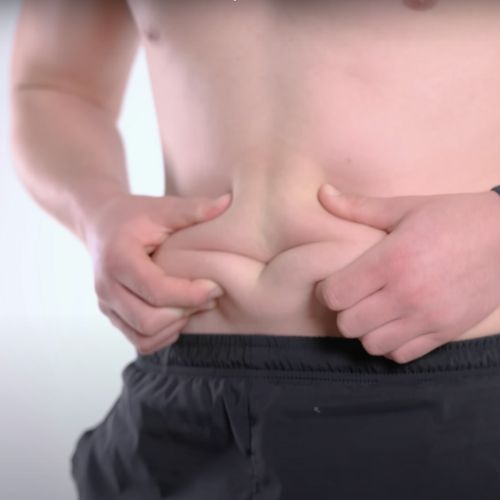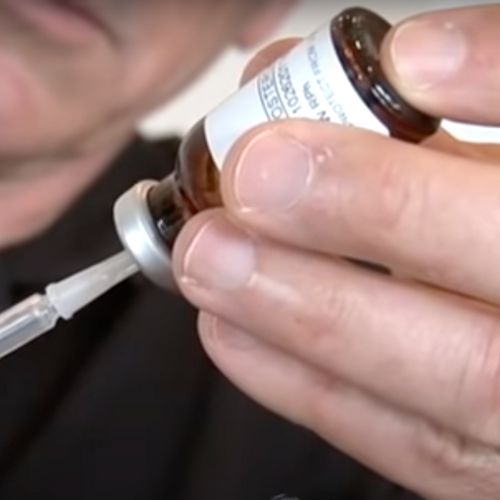Testosterone arguably has the misfortune of experiencing the most negative publicity of any human hormone. It’s considered the primary driver of the ‘macho male’. You know, road rage or dads fighting at their kids’ sports event. How often have you read or heard of an interpersonal conflict referred to as a testosterone-fueled rage? There is actually scientific proof of the link between high testosterone and aggressive behavior.
How about the reverse though? Does low testosterone cause anger? With this relatively short article, I am going to take you through as good a fact-based analysis as you can find on the connection between low testosterone and anger issues.
Role of Testosterone
We cannot start to look at how testosterone impacts anger if we do not understand what testosterone does to the body. As the primary male sex hormone, testosterone is best known for its role in the growth and development of male organs and reproductive system. So masculine traits including:
But testosterone does a whole lot more than that.

Yes, there is a strong correlation between testosterone levels and a positive, self-assured feeling. Confusing given the research showing high testosterone is associated with high aggression? Yes. Still, as we will see, two things can be true at the same time.
Is the Anger Problem Due to High Testosterone or Low Testosterone?
If you were to go with word on the street (you can even momentarily forget the research I linked to in the first paragraph), you would be perfectly logical to make a connection between high testosterone and a short fuse. Unsurprising, right? If you have high testosterone, aren’t you more likely to be energetic and competitive? You would readily assume that the reverse is true. That is, low testosterone comes with a calmer, less confrontational disposition. And yet, that isn’t the case.
Before we get to the science, the proof could just be all around you. Think about the stereotypical ‘grumpy, old man’ also known as the irritable male syndrome. It does seem to make sense when you remember low testosterone is most prevalent among middle aged and elderly men. Now, for the research.
The Science on Anger and Low Testosterone
Studies have repeatedly shown that low testosterone is related to depressive disorders in general. How this happens is not fully understood but one of the most compelling arguments revolves around the connection between testosterone and the stress-related hormone cortisol.
As testosterone levels fall, the levels of cortisol rise which in turn removes the inhibitions that would otherwise prevent angry and hostile behavior. In that sense, testosterone and cortisol work against each other to regulate anger, aggression and competitiveness.

Other Possible Causes of Anger
There is the legitimate argument that the cause of anger issues from low testosterone could originate from the deterioration of quality of life. Problems that accompany low testosterone include obesity, back pain, lethargy, muscle loss, brittle bones, low sex drive, increased breast size, balding, weak concentration and low mood.
If you are experiencing this irrespective of your age or testosterone levels, aren’t you going to be just a teeny weeny more prone to anger than the average person? So it’s low testosterone but not in its entirety.
Treatment for Low Testosterone

Just because you have low testosterone does not mean you have to live with it and all the negative effects that comes with. Before you reach out for solutions though, make sure that your penchant for anger is actually due to low testosterone. If in doubt, schedule an appointment with your doctor where you could share your symptoms. Your doctor may prescribe blood tests just to be sure.
Among potential solutions, testosterone replacement therapy (TRT) is bound to come up in your meeting with the doctor. This is more likely if you have a moderate to severe testosterone deficiency. While TRT will increase your testosterone levels quickly, it comes with significant health risks. If your testosterone shortfall is mild, you are better off going for testosterone boosters. They support the body’s own testosterone production yet have little to no side effects.
Whether you are on TRT or testosterone boosters, the treatment path you choose should be combined with lifestyle changes encompassing regular exercise, good diet and sufficient sleep.
Conclusion
Males with low testosterone are not automatically angrier than those with normal or high testosterone. There is however a predisposition for people with low testosterone to be more irritable and have less robust emotional buffers. Testosterone is associated with better mood and greater confidence. Still, have a word with your doctor just to be clear if your mood swings are a result of low testosterone.

